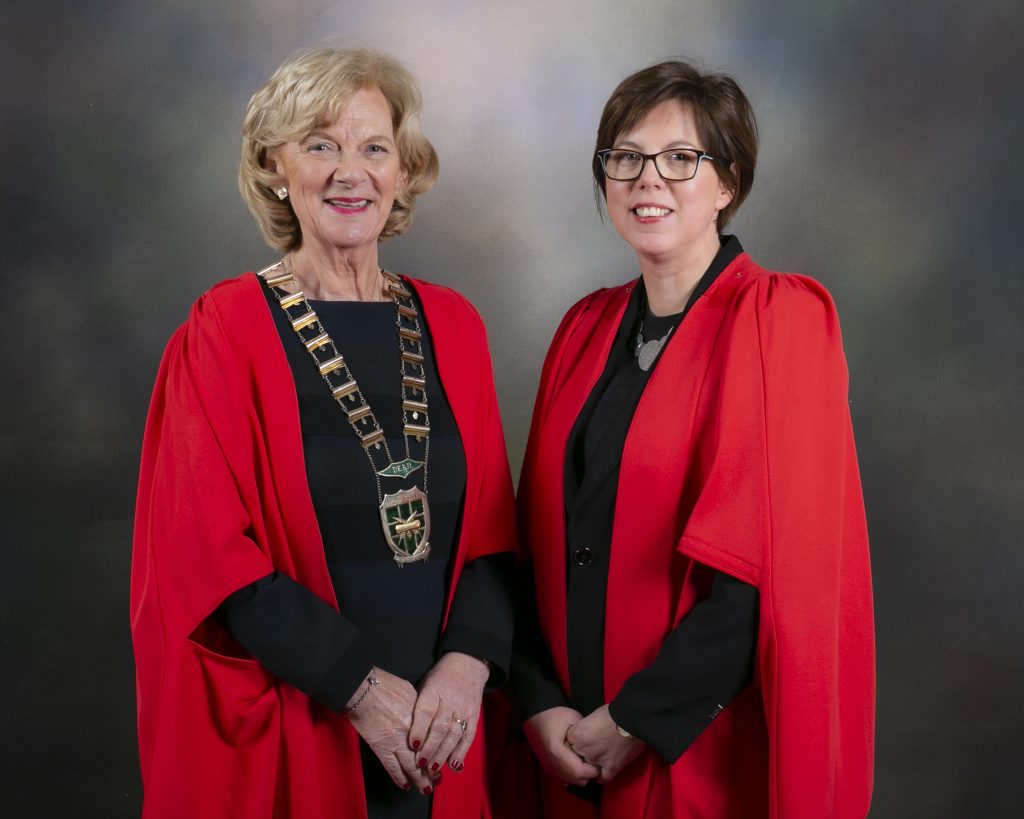If you’re looking for advice on how to draft a will, you have come to the right place.
If a person wishes for their assets to be distributed in a certain manner after their death, executing a will is normally the only possible way to ensure this. A will is a statement of future intention made by a person declaring the arrangements for the division of his/her possessions among selected beneficiaries upon his/her death. A person who has died having made a valid will is said to have died “testate” while a person who has died without a will or a will which is later deemed rejected or void has died “intestate”.
The advice of a solicitor should be sought to ensure that all legal guidelines are met in the preparation of the will. The drafting and signing of a will should be completed precisely, carefully and in accordance with the law to ensure that it is not subsequently rejected or deemed void by the Probate office due to any errors or irregularities. It should be prepared with utmost care and professionalism as any will be deemed invalid by the Probate Office can result in your assets being distributed in such a way that goes against your own wishes and may result in undue stress to those who originally sought to benefit. Buckley & Company have provided advice in this area of law for over 10 years and treat each case with absolute confidence and professionalism.
Why Make a Will?
The main reason for drafting a will is to ensure that your loved ones and family members are provided for after your death. A will is a legal statement setting out the beneficiaries of your inheritance.
Should you die intestate (without a will) your assets will be distributed in accordance with the Succession Act 1965. Making a valid will ensures that your assets or possessions are distributed corresponding with your wishes.
Making a will also ensures that no excess expense is involved for your loved ones or family. The preparation of a will can reduce any unnecessary tax burden placed on beneficiaries with the administering of your estate by ensuring your estate is distributed in a tax efficient manner. Deciding not to draft a will can cause undue stress on your loved ones and family members. Failing to make a will allows the law (under the law of intestacy) to decide on your behalf the division of your assets may not provide for some loved ones, or in some cases disagreements may arise between family members or loved ones following the distribution of in this manner.
A will may be made by a person who is 18 years of age or more, or is or has been married, and is also of sound disposing mind. Anyone who meets these criteria can and should make a will.
Special Considerations on the Making of a Will:
- If you are married and have children.
- If you want to reduce the tax liability on your estate.
- If you are currently or in the process of becoming separated or divorced.
- If you own a business/firm.
- If you are a homeowner.
- If you live with your partner but you are not married.
- If you wish to leave some money or assets to charitable causes or organisations.
- If you would like to leave some money/assets to relatives or non-family members.
- If you are single but have assets in your own name.
What is an Executor?
An Executor named in a will is the person (or your solicitor) responsible for distributing the assets/possessions in the way declared by the disponer. A person will often appoint a close friend or family member as they might have an extended knowledge of the deceased’s affairs. Deciding to select your solicitor as an executor or secondary executor in your will is also a common practice, assuming that the solicitor has an extensive knowledge of the affairs of the testator.
How Can I Change My Will?
A codicil is a separate document added to the end of your will when any updates to the initial will are made. A codicil is signed by you and the witnesses and clearly and precisely states any changes made to the will. However if numerous changes will be made to the will it could be more beneficial to the testator to revoke the current will and draft a new one.
How Buckley & Company Solicitors Can Help:
Making a will is a cost effective and straight forward process when handled professionally. Due to the requirements involved when drafting a will it is very common for wills made without professional advice to be rejected by the Probate Office. The will can be deemed void and the person is said to have died intestate. Buckley and Company have helped many people in Ireland with drafting a will and have acted as executor on various occasions.
If you would like to speak to an expert on our team, click the button below:

